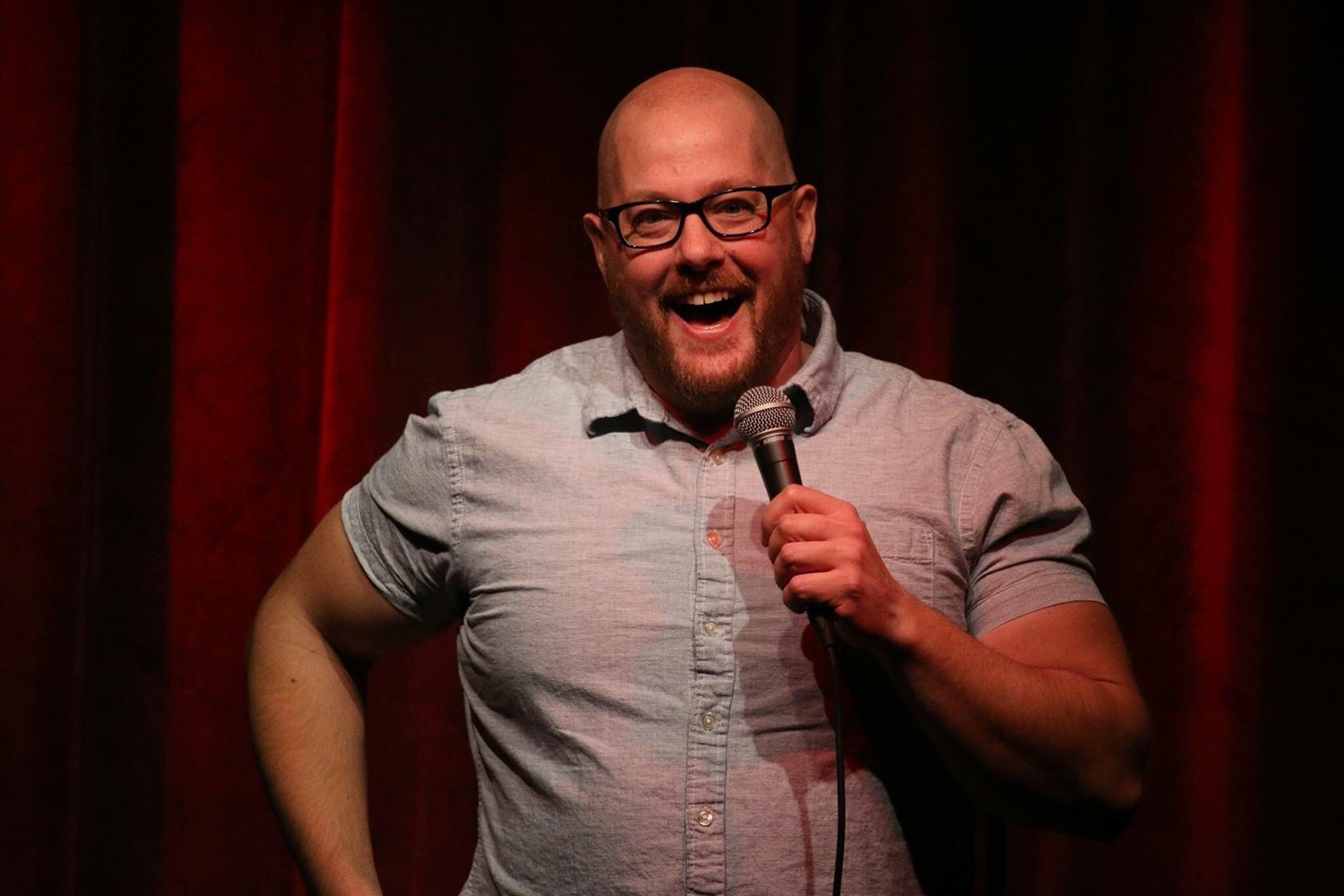Ron and Ed discuss how we are all consultants now. This material is based on Peter Block’s seminal book, Flawless Consulting.
Episode #19 - How vs. What Matters
Ed and I discussed Peter Block’s seminal book, The Answer to How is Yes: Acting on What Matters. In my first discussion in May 2004 with Ed, he informed me he read two books in the prior year that changed his life: my first book [out of print], Professional’s Guide to Value Pricing, and Peter Block’s The Answer to How is Yes.
It is an absolutely profound work. I told Ed it’s the book I’ve always wanted to write.
SCA_Slides_pptx
The following are some snippets from the book, along with the six most common “how” questions, which questions Block says should be asked instead, and then how Ed’s tweaked two of Block’s questions based on his experience in change programs.
Book Snippets
Epigraph: “Transformation comes more from pursuing profound questions than seeking practical answers.”
We often avoid the question of whether something is worth doing by going to the question of “How do we do it?
Give up saying “how” for six months!—give priority to aim over speed.
Value what matters, not just what works.
How implies we just lack the right tool, it becomes utilitarian and pragmatic.
How questions deflect us from considering our deeper values.
Also assumes we don’t know, a defense against taking action—we become the blind man looking in a dark room for a black cat that is not there.
Here are the six questions that postpone the future and keep us encased in our present way of thinking:
How do you do it? (Skips “Is this worth doing?”)
How long will it take? (Oversimplifies the world)
How much does it cost? (Ignores what price are we willing to pay?)
How do you get those people to change? (Ignores the fact that you can’t get others to change!)
How do we measure it? (If you can’t measure it, it does not exist. Things that matter most defy measurement [love, art, poetry, music, life]. Our obsession with measurement is really an expression of our doubt—we’ve lost faith in something. So much for imagination and creativity [how do we measure something new?])
How have other people done it successfully? (We want to be leaders without risk of invention and innovation)
The alternative to asking “How” is saying “Yes,” a stance towards the possibility of more meaningful change
Here are Peter Block’s alternative questions:
How do you do it? To What refusal have I been postponing?
How long will it take? To What commitment am I willing to make?
How much does it cost? To What is the price I am willing to pay?
How do you get those people to change? To What is my contribution to the problem I am concerned with?
How do we measure it? To What is the crossroad at which I find myself at this point in my life/work?
How are other people doing it successfully? To What do we want to create together?
Ed has changed two of Block’s questions: #3 to “What is the value of it to me?”
And also #5 to “What is the judgment I need to make?”
Some Final Thoughts from Peter Block
When we follow fashion and ask for steps, recipes, and certainty, we deny our freedom, for we are trapped by the very act of asking the question. Freedom asks us to invent our own steps. “to be the author of your own experience.”
Asking how is an escape from freedom/accountability. We wish to go to heaven and not die.
Knowing how to do something may give us confidence, but it does not give us our freedom. Freedom comes from commitment, not accomplishment.
The pursuit of certainty and predictability is our caution speaking. Freedom is the prize, safety is the prize, what is required is faith more than fact and will more than skill.
There is little discussion of faith in organizations, but it is only with faith that significant changes can begin.
Idealist is “one who follows their ideals, even to the point of impracticality.” The willingness to pursue our desires past the point of practicality (the heart wants what the heart wants).
Who decides what is possible and what is practical?
Idealism dissolves in a world of measurement and instant results.
Institutions are based on consistency and predictability, while intimacy relies on variation and surprise (people aren’t resources/assets).
Without willingness to go deeper, little chance for any authentic change. We prefer actions and answers.
What is absent in a world dominated by the engineer and economist is the artist. The artist needs to enter our institutional experience in order to create a space for idealism, intimacy, and depth.
One of the beauties of volunteer organizations is that they know how to take advantage of people’s gifts, whereas what he calls “systems” are more concerned with people’s limitations.
Demanding a solution, or an action plan for everything, is also arrogant. It’s a wish for perfection. It’s our wish to be God.
We keep going from fashion to fashion, consultant to consultant, looking for an answer that’s not there—like looking for the fountain of youth.
Not “scientific management.” Organizations never in control, the unpredictability and mystery of life.
We do walk by faith, not sight. Peter Block’s philosophical book reminds me of how George Gilder ended his classic book, Wealth and Poverty, by Quoting Reinhold Niebuhr:
Nothing worth doing is completed in one lifetime.
Therefore, we must be saved by hope.
Nothing true or beautiful makes complete sense in any context of history.
Therefore we must be saved by faith.
Nothing we do, no matter how virtuous, can be accomplished alone.
Therefore we are saved by love.
Other Resources
The text of the speech can be found here, including Q&A.







